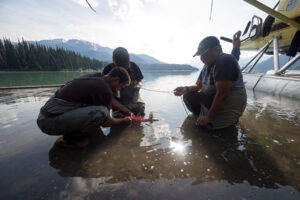
Is climate change prompting juvenile sockeye salmon to grow larger?
Study explores how climate change affects the size of juvenile sockeye salmon in B.C., and how populations are adapting.
Stock enhancement of Kuruma shrimp did not change genetic characteristics obtained by microsatellite markers in comparison to the original population.

Study explores how climate change affects the size of juvenile sockeye salmon in B.C., and how populations are adapting.
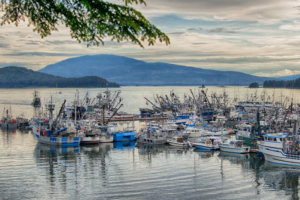
Researchers argue for nutrition- and climate-sensitive fisheries management with food-based trade policies to prevent a decline in seafood nutrients.
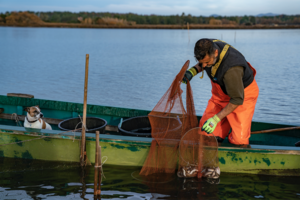
The future of European eel fisheries may depend on a coordinated plan to conserve the species, including seasonal closures and a ban on recreational fishing.
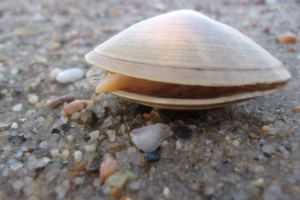
Hatchery production of Atlantic surf clams could be a viable sea ranching method that supports human access to the fishery, though questions remain.
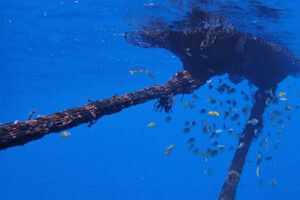
A new study suggests that fish aggregating devices could be repurposed to enhance marine protected areas (MPAs).
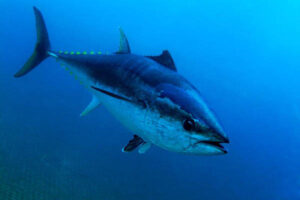
A new study uncovers unexpected genetic links across Atlantic bluefin tuna spawning grounds, with implications for fisheries management.
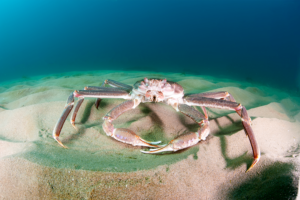
A research team has uncovered the reason why billions of snow crabs died in the eastern Bering Sea in 2021, closing the fishery for the first time.
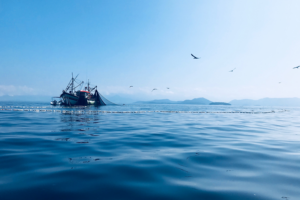
With $60 million in Audacious Project funding, the IUU fishing watchdogs aim to leverage AI and satellite data to halt illegal activity at sea.
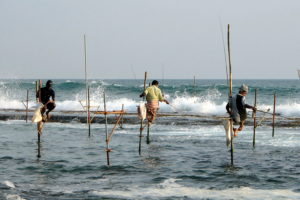
Study shows the relevance of small-scale fisheries and stresses how effective fisheries management can support public health.
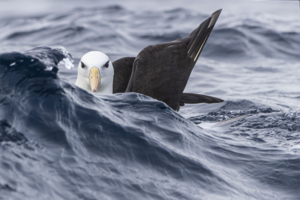
A new toolkit provides essential information to help reduce the bycatch of endangered albatrosses and other seabirds in longline fishing.
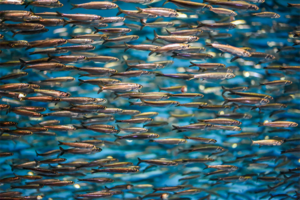
A new study based on 45 years of data suggests that shorter food chains precede anchovy population booms, while longer ones lead to busts.
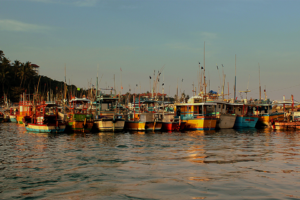
Complex international ownership chains make it difficult for enforcement authorities to identify the ultimate beneficial owner of a fishing vessel.
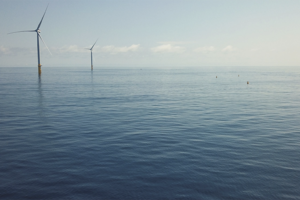
A first-of-its-kind study will explore fish behavior in response to offshore wind turbines and construction activities in the Atlantic Ocean.
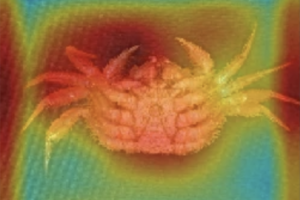
An AI-powered model developed by researchers "vastly outperformed" humans in correctly identifying the gender of horsehair crabs.
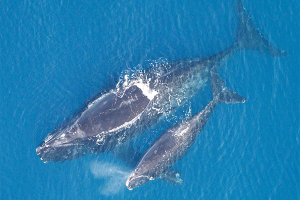
NFWF-NOAA funding will help develop and integrate new fishing gear in New England fisheries to help North Atlantic right whale conservation.